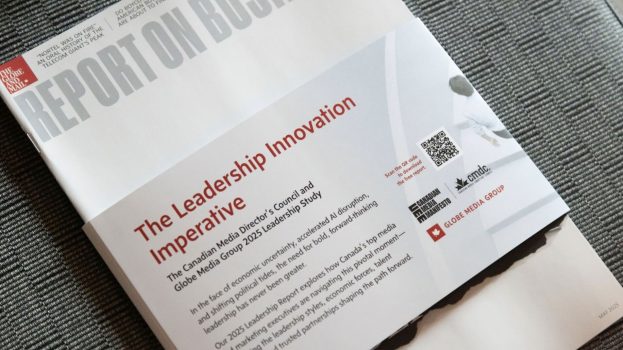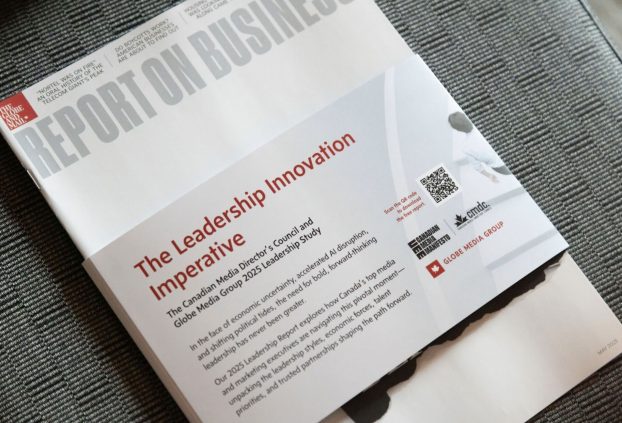What do a bank, a satellite service provider, a bus company and the mayor of London have in common? They’re all in (it) ‘Together,’ an energy savings initiative driven by the U.K.-based Climate Group. With 12 funding partners and supporters as diverse as Live Earth and the Church of England, this motley crew is a prime example of cutting-edge cause marketing.
‘Together’ partners offer incentives for products and services that help reduce our environmental impact. Barclay’s has a credit card with low interest rates on green purchases, Tesco offers half-price energy-saving light bulbs and so on. When individuals join the Together community, they make better environmental choices, and their activity is tracked and measured.
There are many advantages to this approach. Partnering brands carry with them customer loyalty and legitimacy. Coming together broadens everyone’s audience base, hedges potential risks, leverages more investment dollars and provides access to a diverse intellectual and tactical resource base. It takes the campaign beyond a message to real behavioural change.
Closer to home, Clean Air Foundation’s Car Heaven program (carheaven.ca) is another example of this kind of alliance. This program, created and managed by the Summerhill Group, enables people to get older, higher-polluting cars off the road. With partners spanning automotive recycling associations, governments, NGOs, charities and major private sector players, the program is able to offer access to a comprehensive program with a variety of incentives for participation, measurably affecting behaviour change.
Car Heaven’s charitable partners have been the recipients of millions of dollars in donations generated through the program; over 75,000 cars have been recycled, preventing over 50,000 tons of carbon monoxide and 12,000 tons of smog-forming emissions from being released into the air.
Car Heaven engages auto recyclers as business partners (they purchase donated vehicles for access to the parts), and the funds are donated to a charity of the donor’s choosing, providing a reward to the donor in the form of a tax receipt. Administration fees collected on this transaction by the NGOs who act as Car Heaven call centres across the country support their operational and staff costs. In this way, Clean Air Foundation has established a network of seven regional offices with over a dozen staff to support Car Heaven, a network whose operational costs are effectively off the books. In turn, Clean Air Foundation has mitigated financial risk and ensured the program’s longevity, an enviable feat for any not-for-profit.
In return, each partner’s brand is associated with a respected, award-winning initiative. General Motors of Canada currently offers eligible Car Heaven participants a financial incentive towards the purchase of a new GM vehicle. Aligning itself with Car Heaven allows GM to engage customers in a conversation about the responsible take-back of a product they manufacture – and a strategic opportunity to discuss extended producer responsibility, an otherwise high-risk issue for any manufacturer. For the automotive recycling industry of Canada, this represents a long sought-after synergy, with major potential for the future of their business.
Ultimately, positive economic and environmental outcomes are the mark of any successful cause-related marketing campaign. Climate change is a society-wide problem that requires a society-wide solution. Messages alone do not create change, yet time and time again we see unsuccessful attempts at social inoculation through slick ads. There needs to be a powerful incentive to act.
The Ontario government’s PowerWise campaign, backed by billboards and commercials featuring David Suzuki, informs us that we ‘have the power.’ In contrast to Together, however, it doesn’t tap that power by engaging people in actions that result in change. Effective campaigns for change must be tangible, comprehensive, engaging, sustainable and have a direct link into people’s everyday lives.
This is where multi-sector partnerships work best. Brand togetherness creates a shared approach that leverages resources and expertise. Participation may initially be driven by incentives, but the connection between customer and company is strengthened because the brand is promising membership to a collective conscience as an active member of an effective global society.
Ian Morton is founder and CEO of the Summerhill Group, which develops programs that move the market toward better choices for consumers and the environment. www.summerhillgroup.ca























